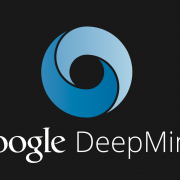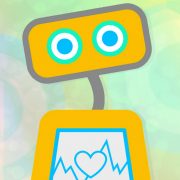WoeBot a chatbot available only on Facebook Messenger is a therapeutic chatbot designed and created by a team of Stanford psychologists and AI experts and doesn’t show any personal information publically via the newsfeed.
A session with WoeBot is free for 14 sessions, then you can either pay weekly ($12), Monthly ($39) or annually ($312)
Silicon Valley is developing chatbots to help cure and treat mental disorders like depression, with studies already showing hope that therapy via a chatbot may work.
During a trial at Stanford, students aged 18-28 showed reductions in anxiety and depression when they used the Woebot for 2 weeks.
As many of those suffering from anxiety or depression cannot afford to see a therapist and pay for prescribed medications it is here where Woebot steps in and where Silicon Valley hope will help cure many of those who have the mental disorder.
Woebot is conversational and is appropriate for those aged 18 and older, if you’re younger you need a parents permission to sign up for it.
It can track moods, which are displayed weekly via graphs, looking for patterns that are out of the norm, learning its user via the amount of conversations they have. Woebot also has the ability ability to teach via cognitive behavioural therapy. (A structured talk therapy which normally lasts a few sessions)
To try Woebot please click here!
To listen to the guys chatting about Woebot please click here!











